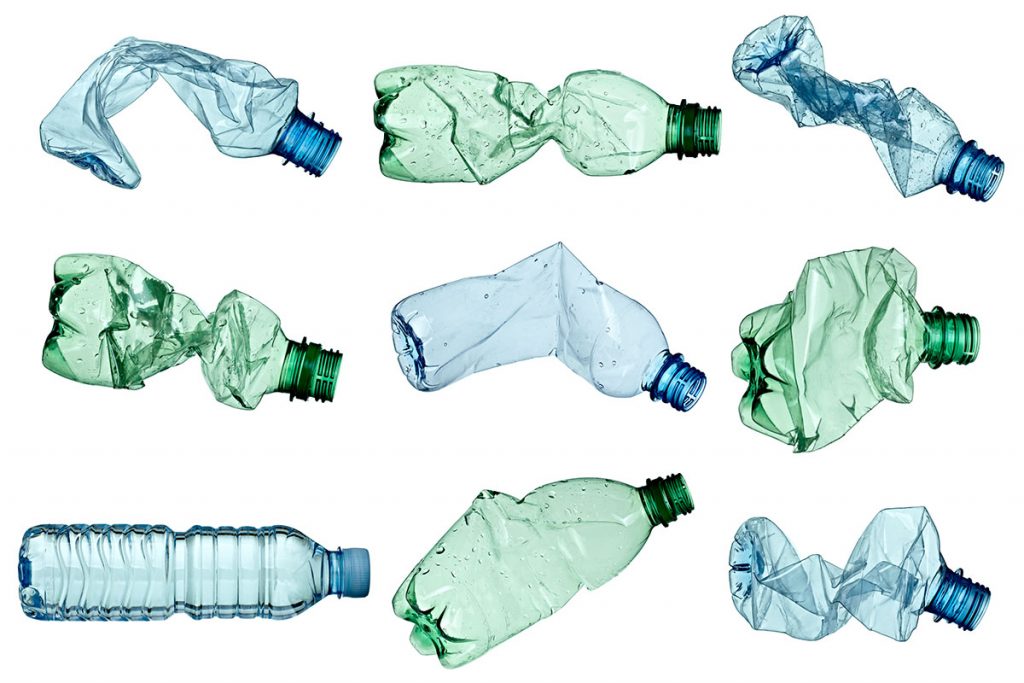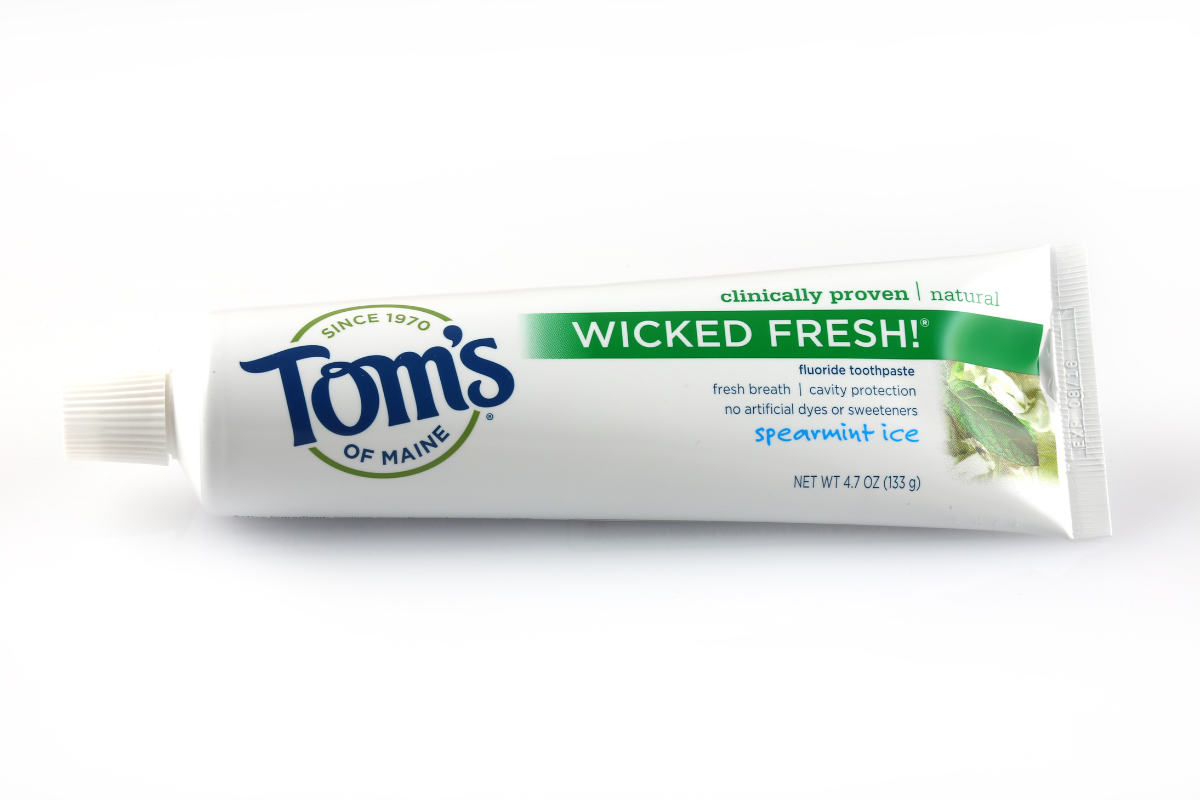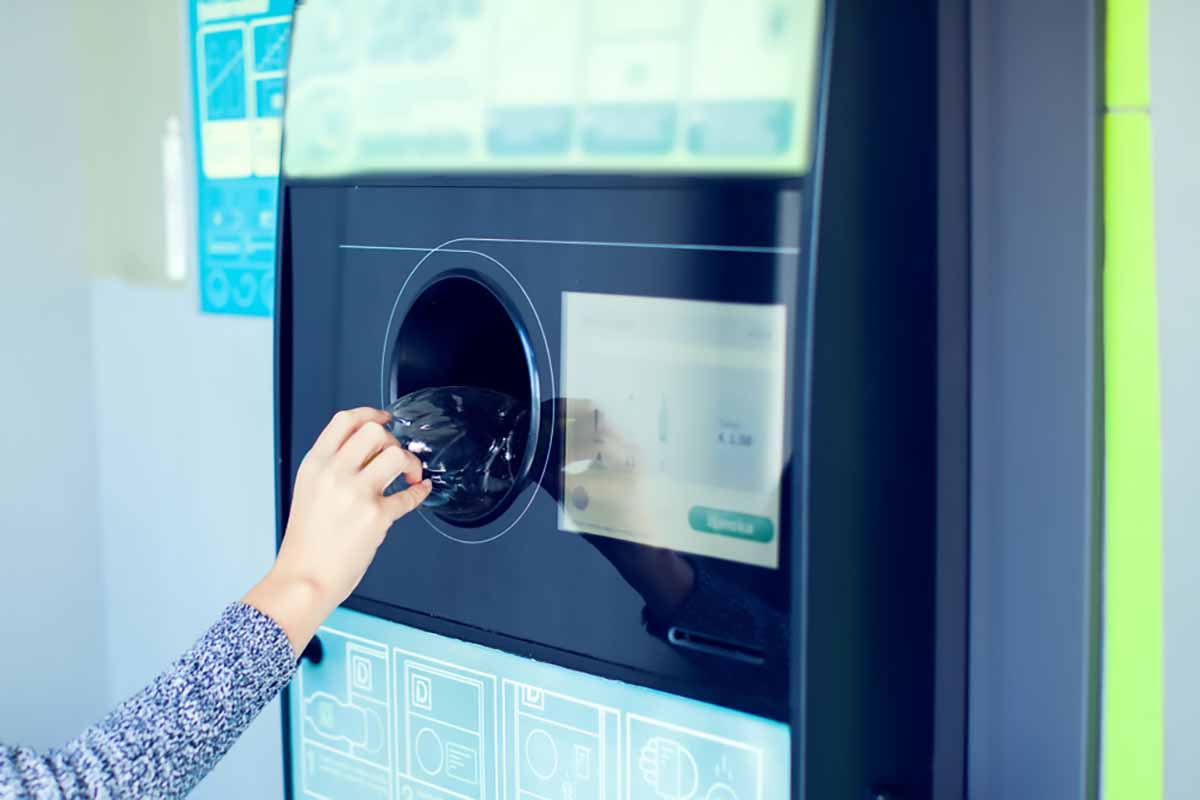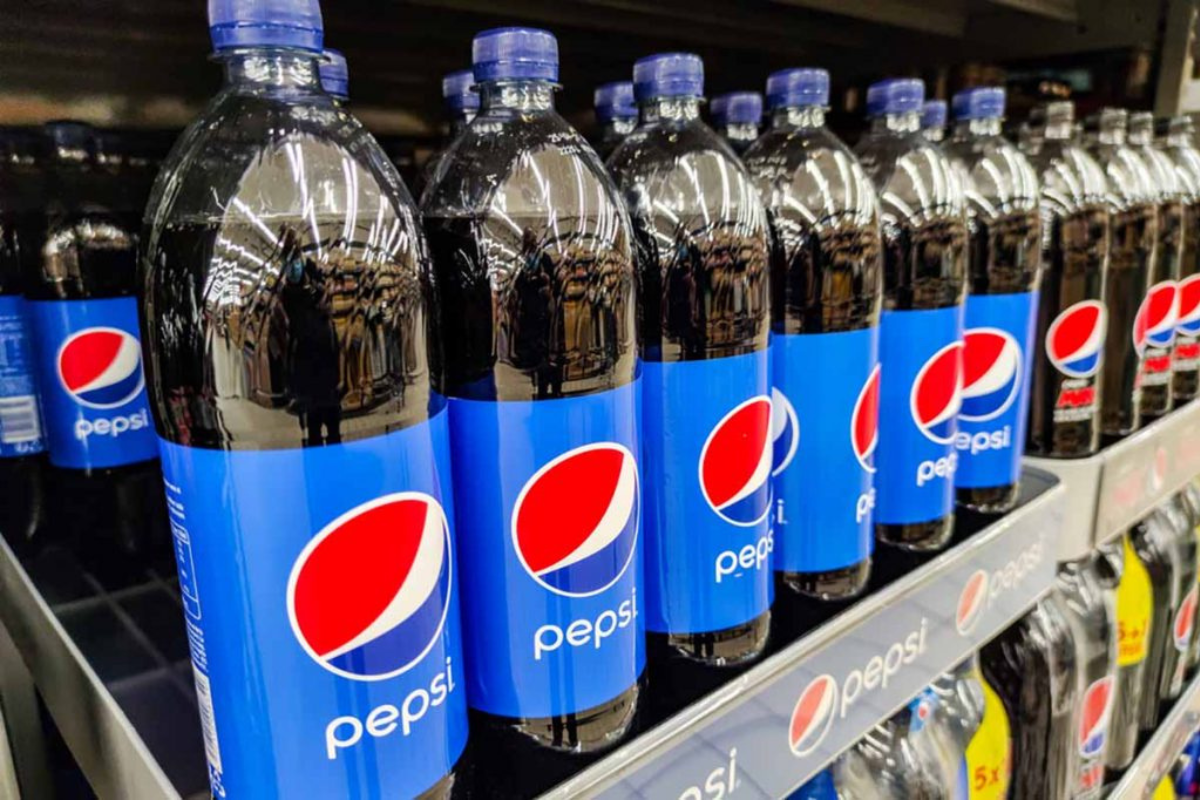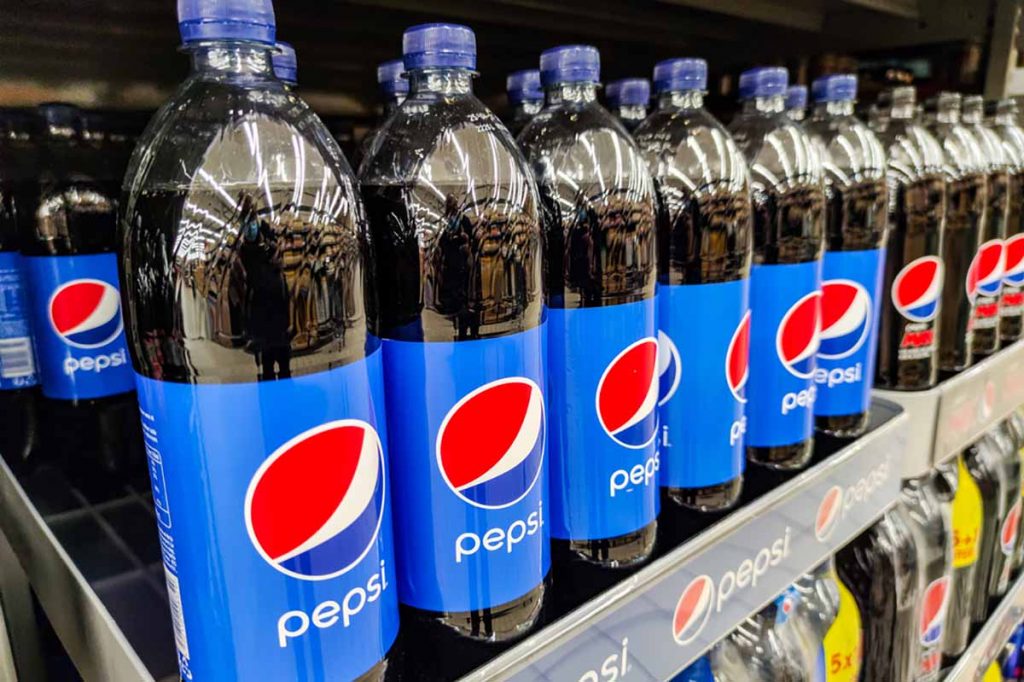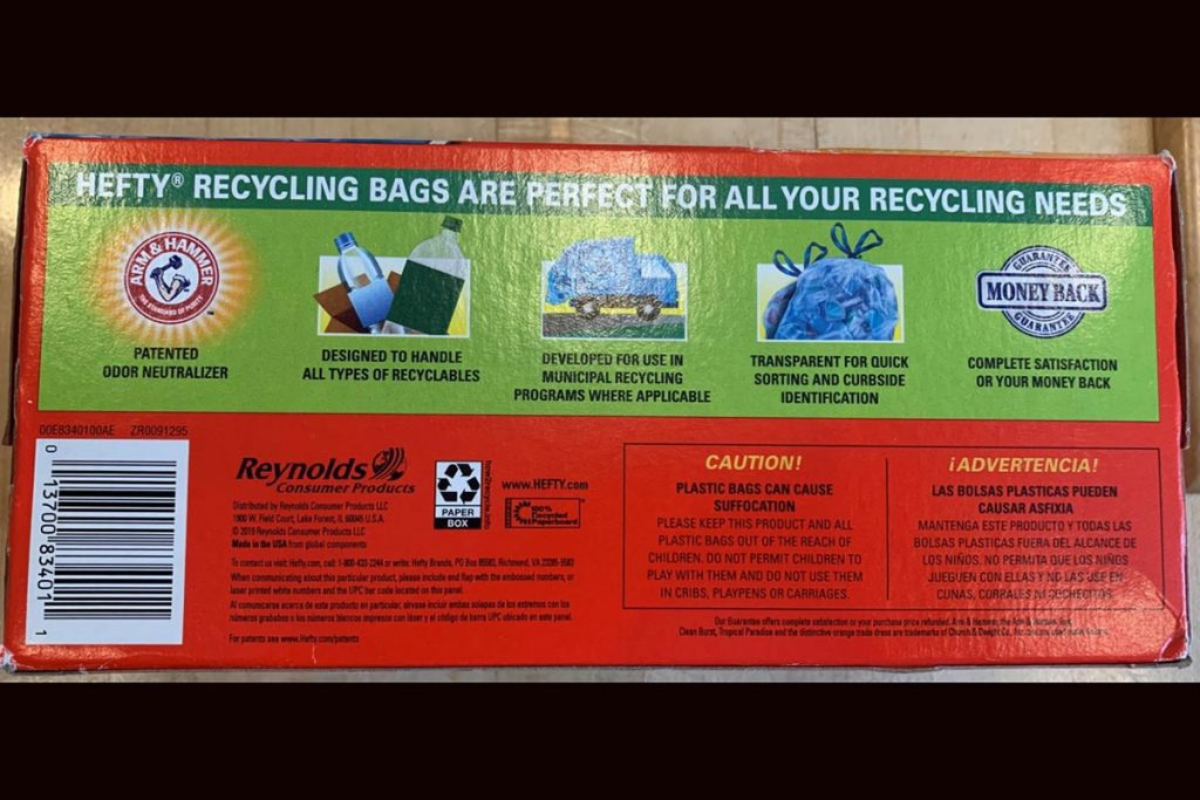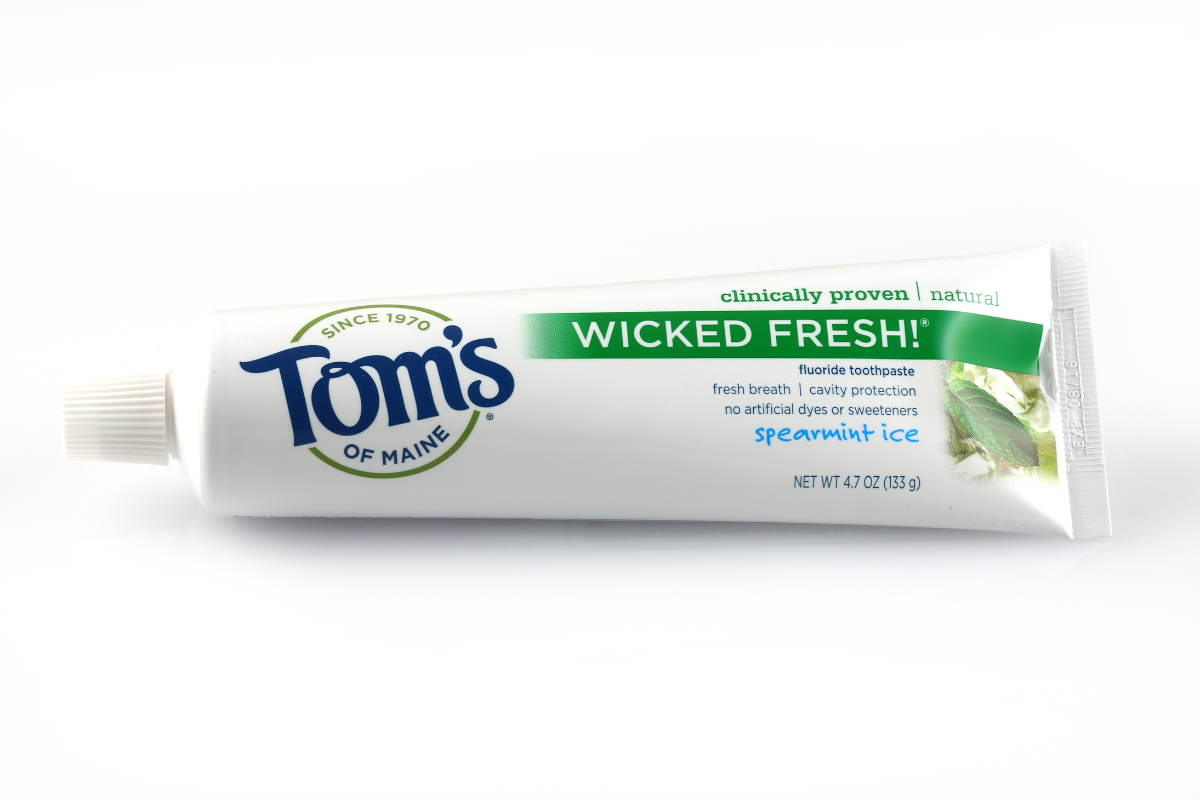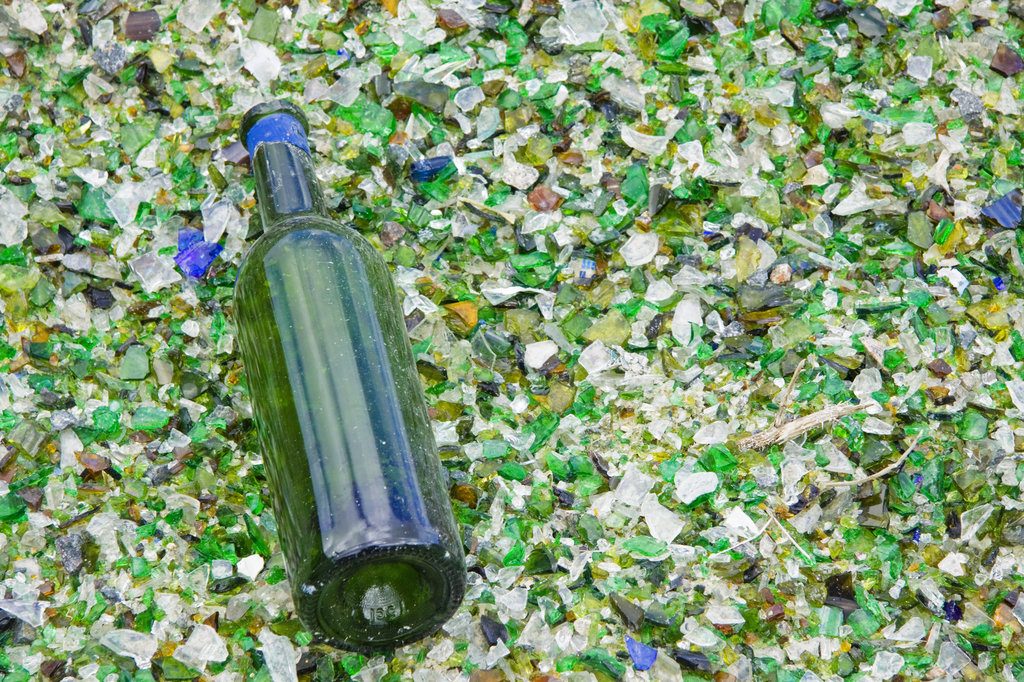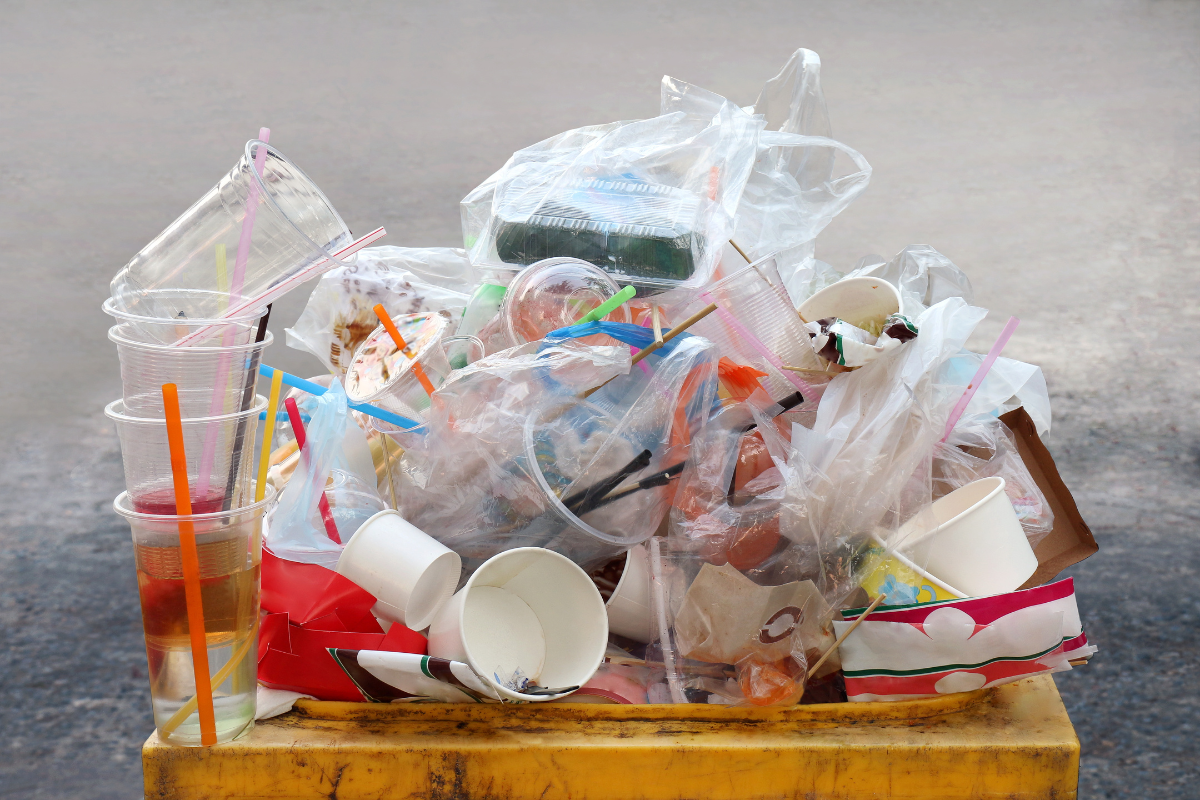
Global consumer products company Unilever announced it will revise its sustainability goals, but also said the experience had shown that policy is needed to make real change. | DeawSS/Shutterstock
Unilever recently acknowledged it will miss its 2025 target date for key plastics recycling goals and revised its pledge to reflect that reality – but the company’s head of packaging also said the failure contributed to its support for stronger regulations like extended producer responsibility. Continue Reading


